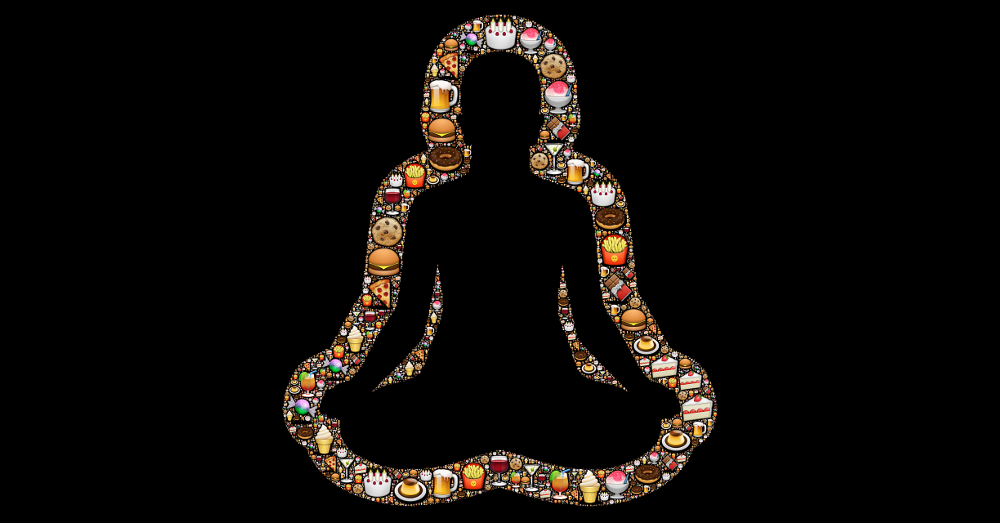
Eat This, Not That for Longer Life
A new study reports that if you eat the right foods in the right amounts, your risk of dying from heart disease, stroke and type 2 diabetes — among the most common killers in the U.S. — could be cut nearly in half.
March 20, 2017 | Source: Mercola.com | by Dr. Joseph Mercola
You’ve probably heard that “eating right” can go a long way toward keeping you healthy, while it stands to reason that if you don’t, just the opposite will happen — at least sooner than it might have otherwise.
It turns out this is more than just conjecture, since a new study, published in the Journal of the American Medical Association (JAMA), reports that if you eat the right foods in the right amounts, your risk of dying from heart disease, stroke and type 2 diabetes — among the most common killers in the U.S. — could be cut nearly in half.
That’s pretty impressive, but what does “eat the right foods” even mean? It turns out there’s a “substantial body of evidence” showing that “suboptimal” diets are undeniably culpable in causing the development of these illnesses, collectively known as cardiometabolic diseases (CMD), for several reasons. Specifically:
“Dietary factors studied have included individual nutrients (macronutrients, micronutrients, minerals, vitamins, electrolytes, and phytochemicals), foods, and overall dietary patterns.”1
Lead study author Renata Micha, from the Friedman School of Nutrition Science and Policy at Tufts University in Boston, said the scientists’ most important finding of the review was that scientists now understand more about which foods would help keep people in the U.S. from dying prematurely from these diseases.
The challenge, however, is getting people to sit up and take notice. But instead of focusing on foods that are bad for you, Micha asserts that a more compelling approach might be to emphasize the merits of eating beneficial foods and the nutritional aspects they offer.2
Good Foods, Bad Foods and How They Affect Your Health
If you’re at a loss regarding what’s really good for you and what’s really not, the study examined several types of foods to clarify their good and bad aspects.
Researchers combed through numerous studies, including National Health and Nutrition Examination Surveys between 1999 to 2002, and 2009 to 2012, for evidence regarding what foods and/or dietary components affect your health most. Those included:
Vegetables
Fruits
Processed and unprocessed meats
Soybean and corn oils
Omega-3 fats
Sugary drinks
Seafood
Grains, nuts and seeds
Of the 702,308 deaths from the top three diseases, 318,656 were determined to be a result of dietary factors from eating too much — or not enough — of these foods or dietary components.
Not surprisingly, information from this study echoed what scientists had already concluded regarding how the right foods can help, such as heart health.3
Not eating enough nuts and seeds was tied to 59,374 deaths; too much processed meat like bacon was tied to 57,766 deaths; too little fatty fish, such as salmon and sardines, were implicated in 54,626 deaths, and not enough vegetables to 53,410 deaths.
Additionally, 51,695 deaths were tied to too many sugar-sweetened beverages. Interestingly, the study showed that more women than men die of cardiometabolic diseases due to unhealthy diets.
Additionally, younger and less educated people, blacks and Hispanics are at greater risk than older, more educated and white people.4
Eat More of These Foods for Optimal Health
In the U.S., most people follow family tradition for meals so that generally, they’ll consist of protein (meat), vegetables such as potatoes or corn, grains including bread, rice or pasta, a salad and, often, dessert.
That’s not all bad, but there are factors to consider. One is portion size, and the unfortunate trend nowadays is that too many people get too much of a good thing. Optimal amounts of good foods for a healthy diet, the study showed,5 will include:
• 3 pieces of fruit a day
• 2 cups of cooked or 4 cups of raw veggies per day
• 5 1-ounce servings of nuts or seeds per week (about 20 nuts per serving)
• 8 ounces of seafood weekly
• 1 5- to 8-ounce serving of red meat per week
